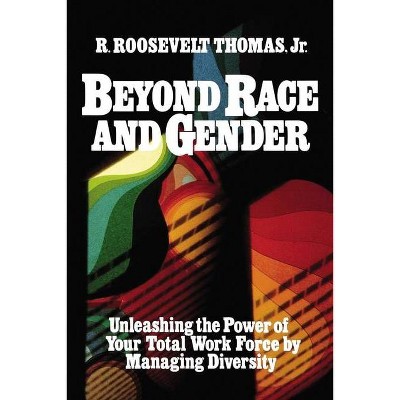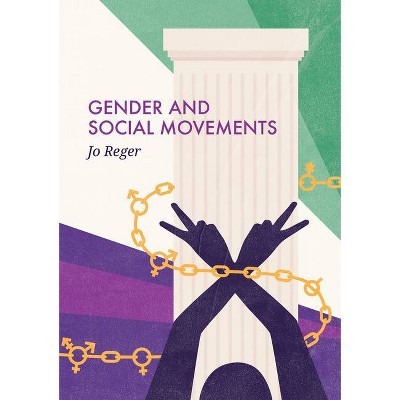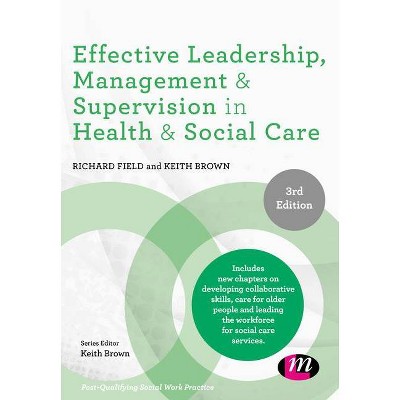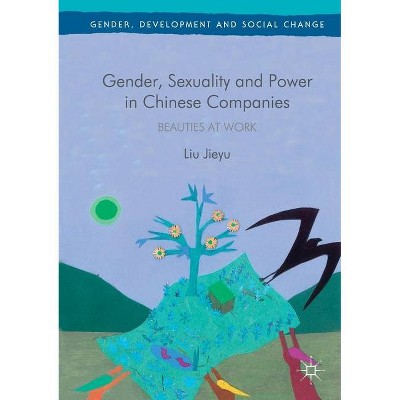Gender and Boyle's Law of Gases - (Race, Health, and Social Care (Paperback)) by Elizabeth Potter (Paperback)
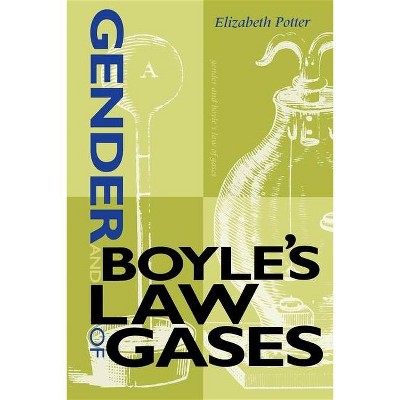
Similar Products
Products of same category from the store
AllProduct info
<p/><br></br><p><b> About the Book </b></p></br></br>Boyle's Law rested on mechanistic principles, but Potter shows us an alternative law based on hylozooic principles (the belief that all matter is animated), whose adherents challenged social stability and the status quo in 17th-century England.<p/><br></br><p><b> Book Synopsis </b></p></br></br><p>Boyle's Law, which describes the relation between the pressure and volume of a gas, was worked out by Robert Boyle in the mid-1600s. His experiments are still considered examples of good scientific work and continue to be studied along with their historical and intellectual contexts by philosophers, historians, and sociologists. Now there is controversy over whether Boyle's work was based only on experimental evidence or whether it was influenced by the politics and religious controversies of the time, including especially class and gender politics.</p><p>Elizabeth Potter argues that even good science is sometimes influenced by such issues, and she shows that the work leading to the Gas Law, while certainly based on physical evidence, was also shaped by class and gendered considerations. At issue were two descriptions of nature, each supporting radically different visions of class and gender arrangements. Boyle's Law rested on mechanistic principles, but Potter shows us an alternative law based on hylozooic principles (the belief that all matter is animated), whose adherents challenged social stability and the status quo in 17th-century England.</p><p/><br></br><p><b> Review Quotes </b></p></br></br><br><p>[P]olitics, society, philosophy, religion, science and gender all influenced Boyle in his scientific how (his choice of experiments) and why (the way he interpreted his results)--and yet, ironically, enduring science was done.</p>-- "American Scientist"<br><br><p>Gender and Boyle's Law of Gases is about more than its title implies: not only does Potter (Mills College) engage in the continuing dialogue about if and how gender might affect the practice of science, but she also goes beyond gender and enters the contemporary discussion about the social dimension of science. Accordingly, most of the book is devoted to a review of the history of the English Civil War and Revolution, the radical social and political groups that were active at that time (Levellers, sectaries), and to a discussion of the religious and social meaning of hylozoism (an early Greek philosophy that states that all matter has life) in the 17th century. Potter argues for a compromise position between those who would insist that Boyle's science was derived entirely from experimental and observational evidence, and those who believe that his ideas about gender and his total rejection of hylozoism (because of its radical political implications) influenced the science that led to the Gas Law. Her argument is that although Boyle's work is not free of contextual values, he produced good science and hence good science can be value-laden. Of interest to feminist and social philosophers of science, historians, and sociologists of science. No bibliography. Upper-division undergraduates through faculty.January 2002</p>--M. H. Chaplin "Wellesley College"<br><p/><br></br><p><b> About the Author </b></p></br></br><p>Elizabeth Potter is the Alice Andrews Quigley Professor of<br/>Women's Studies at Mills College. She is co-editor of Feminist Epistemologies and author of numerous articles in feminist epistemology and feminist philosophy of science.</p>
Price History
Price Archive shows prices from various stores, lets you see history and find the cheapest. There is no actual sale on the website. For all support, inquiry and suggestion messages communication@pricearchive.us
